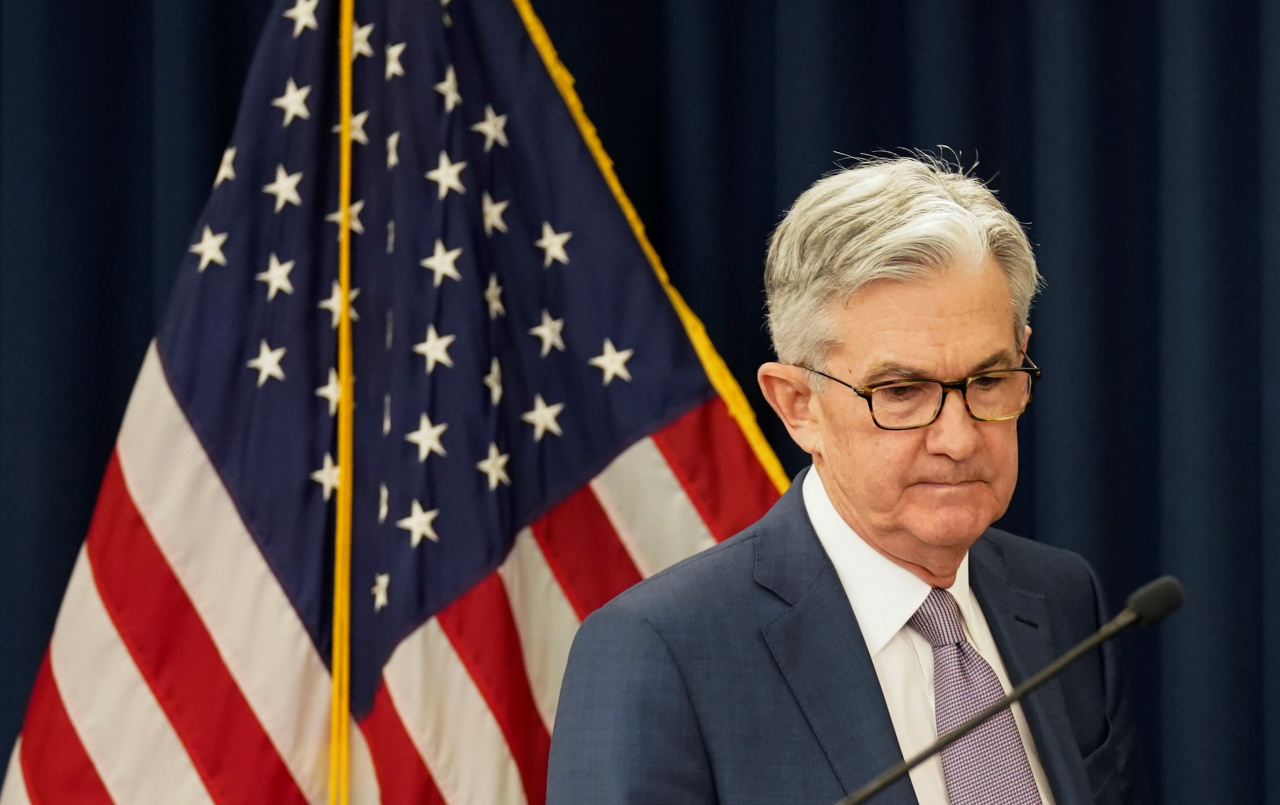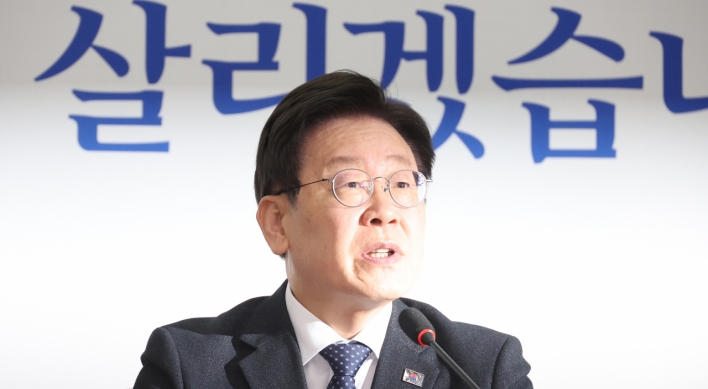[Economy in Pandemic] US Fed’s rate freeze to affect S. Korea’s monetary policy, stock market
By Jung Min-kyungPublished : June 11, 2020 - 16:34

The US Federal Reserve on Wednesday decided to keep its interest rates near zero, adding that it doesn’t expect to raise it until at least 2022, as the economy recovers from the repercussions of the novel coronavirus.
As the Fed’s rate decision has fundamentally sent ripples across the global economy including South Korea in the past -- with the US being the world’s largest economy -- the latest move is also expected to have mixed effects on Asia’s fourth-largest economy’s monetary policies, real economy and stocks, according to experts.
“The US Fed’s latest rate freeze and decision to maintain the level until 2022, was largely expected since the global economy seems to be struggling more compared with the 2008 global financial crisis, when the Fed also maintained a near-zero level for seven years from 2008 to end-2015,” Yoon Yeo-joon at Korea Institute for International Economic Policy told The Korea Herald.
“For the Bank of Korea, this creates room for them to implement more flexible monetary policies under the current circumstances, including further lowering its base rate,” the head of the North American economy team added.
South Korea’s central bank last month slashed its policy rate by a quarter percentage point to a record low of 0.50 percent to cope with the low growth projections spurred by the COVID-19 pandemic. It came after the BOK trimmed the base rate to 0.75 percent from 1.25 percent in its first emergency rate cut since October 2008.
Yoon explained that the US Fed’s announcement has alleviated the concerns of capital outflow from emerging economies, which South Korea is often classified as. Such capital outflow was recently observed in the stock market, as foreigners turned to net sellers of local stocks last month, offloading a total $1.17 billion. The selling spree kicked off after South Korea reported its first confirmed case of the coronavirus on Jan. 20.
The US Fed’s announcement is projected to push liquidity toward the local stock market.
“With the continuation of low interest rates and loan restrictions, preference for high-risk assets will remain, pushing the flow of assets to the local stock market,” said Yoon Seok-mo, a researcher at Samsung Securities.
Unlike the stock market, which is likely to gain momentum, local exporters are likely to suffer under the won-dollar volatility that the latest decision will bring, according to Yoon.
South Korea’s Industry Minister Sung Yun-mo said last month that the pandemic is anticipated to have a more severe impact on exports than the 2008 financial crisis which are expected to last longer.
The export-reliant economy is expected to contract 1.2 percent this year, marking the sharpest contraction since the 1998 Asian financial crisis, the Organization for Economic Cooperation and Development said Wednesday. South Korea is likely to suffer the least level of economic contraction than its peers, with the UK set to face the largest drop this year with minus 11.5 percent.
By Jung Min-kyung (mkjung@heraldcorp.com)




![[Herald Interview] 'Amid aging population, Korea to invite more young professionals from overseas'](http://res.heraldm.com/phpwas/restmb_idxmake.php?idx=644&simg=/content/image/2024/04/24/20240424050844_0.jpg&u=20240424200058)






![[Hello India] Hyundai Motor vows to boost 'clean mobility' in India](http://res.heraldm.com/phpwas/restmb_idxmake.php?idx=644&simg=/content/image/2024/04/25/20240425050672_0.jpg&u=)







